1. Peter Frampton
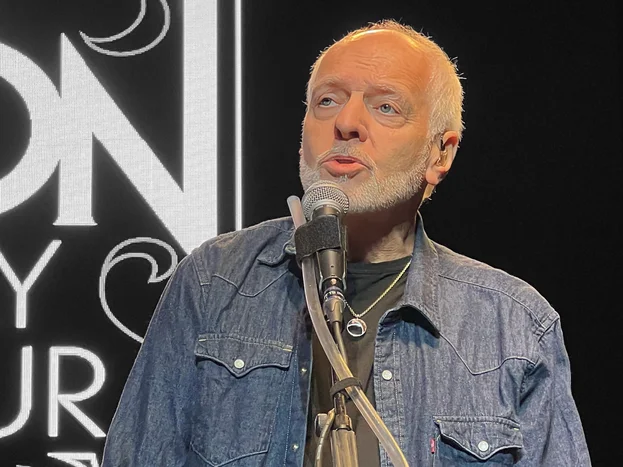
In 1976, Peter Frampton’s Frampton Comes Alive! wasn’t just a hit album—it was a cultural moment. His curly hair, soulful voice, and talk box guitar solos turned him into a household name. Suddenly, everyone seemed to have a copy of that double live LP.
But just as quickly as he rose, the public’s appetite shifted, and follow-up records never reached the same heights. By the early ’80s, Frampton’s name was more of a footnote than a headliner. Still, for a brief window in the mid-’70s, he was one of the biggest rock stars alive.
2. Suzi Quatro
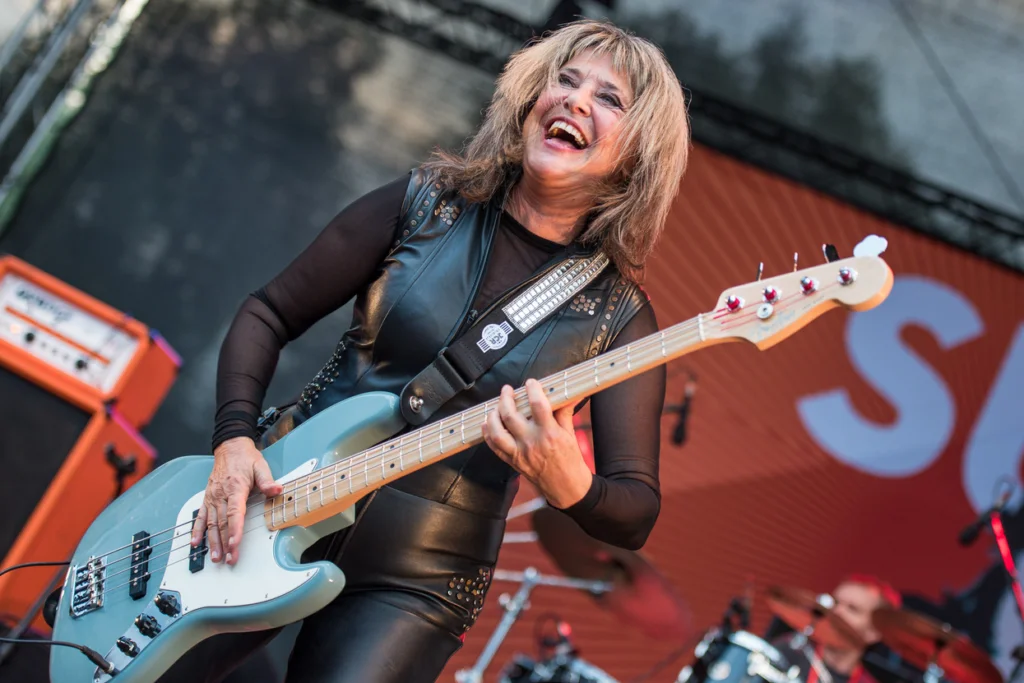
Suzi Quatro blazed trails as one of the few women fronting a rock band with a bass guitar strapped across her shoulders. Her leather jumpsuits and gritty hits like “Can the Can” made her a sensation in both the U.S. and Europe. She even appeared on Happy Days, cementing her cool factor.
But despite her groundbreaking style, Quatro’s popularity dimmed stateside by the late ’70s. While she maintained a following overseas, she never again matched that initial burst of global fame. Looking back, her influence on later female rockers feels much bigger than her chart numbers suggest.
3. Meat Loaf
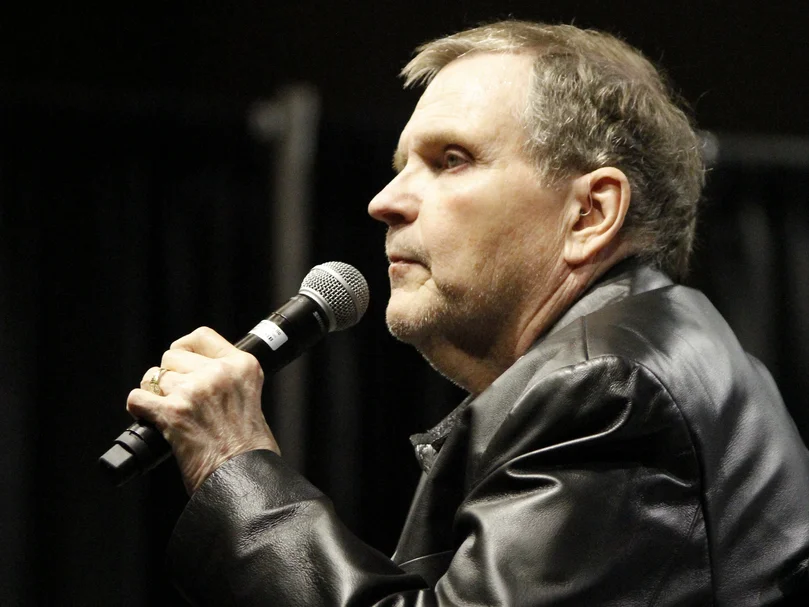
When Bat Out of Hell dropped in 1977, Meat Loaf became the voice of over-the-top rock theater. His booming vocals and operatic delivery, paired with Jim Steinman’s dramatic songwriting, made him unforgettable. The album sold tens of millions of copies and made him a household name.
Yet the demands of fame and health struggles pulled him out of the limelight not long after. He would resurface in the ’90s, but the years right after his biggest triumph left fans wondering where he went. For a while, his disappearance felt as dramatic as the music itself.
4. Gary Wright
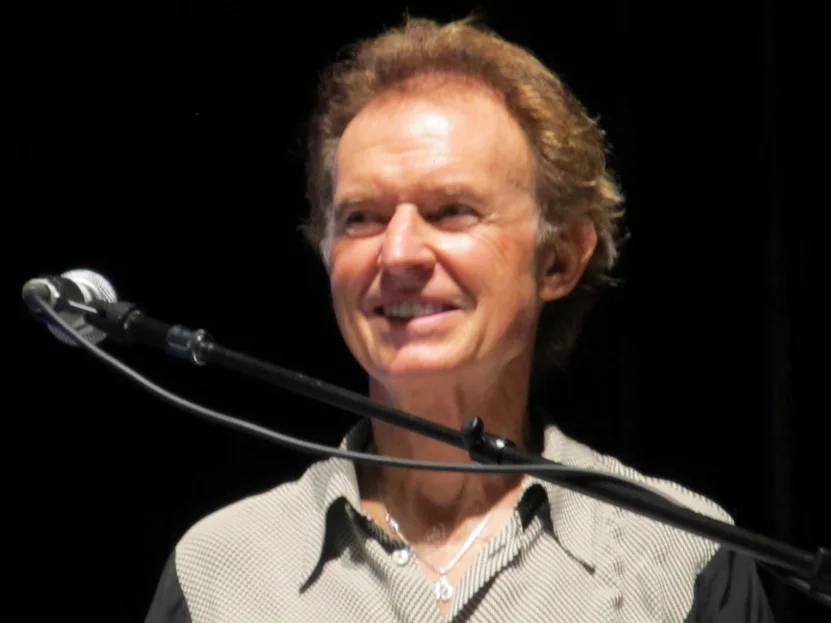
Gary Wright brought a mystical vibe to the mid-’70s with The Dream Weaver. His fusion of rock and synthesizers gave him a sound that felt both modern and otherworldly. The single seemed to play on the radio every hour.
But lightning didn’t strike twice for Wright. He kept recording, but the hits dried up by the late ’70s. Today, he’s remembered fondly for that one hypnotic anthem, even if his broader career faded from view.
5. Toni Tennille
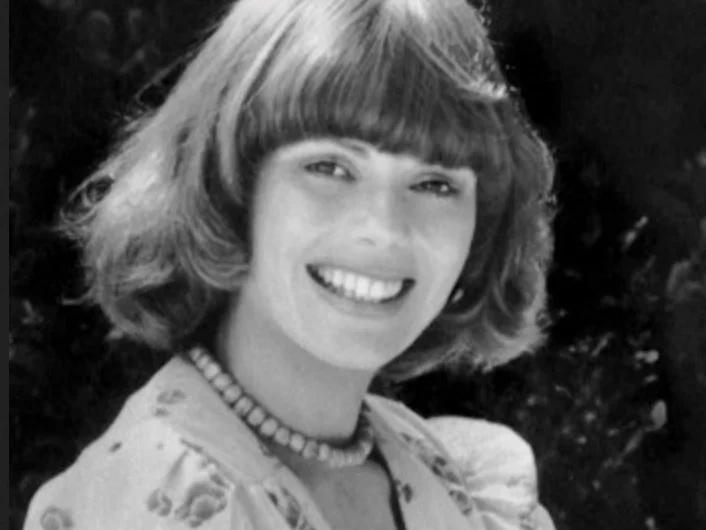
As one half of Captain & Tennille, Toni Tennille’s voice was everywhere in the mid-’70s. Songs like “Love Will Keep Us Together” dominated the charts, and the duo even had their own TV variety show. For a while, their sunny harmonies seemed unstoppable.
But by the late ’70s, changing trends left their wholesome brand of pop-rock behind. Tennille’s soaring voice was still strong, but the hits stopped coming. Despite that, her brief reign in the middle of the decade remains unforgettable.
6. Eric Carmen
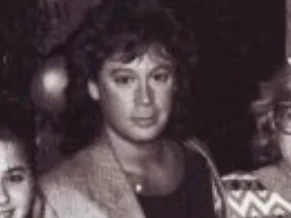
Eric Carmen found success both solo and with the Raspberries, scoring hits like “All By Myself” and “Never Gonna Fall in Love Again.” His emotional ballads struck a chord with listeners in the mid-’70s. His songs seemed tailor-made for AM radio sing-alongs.
But after a few chart-toppers, Carmen’s solo career fizzled as tastes moved toward disco and harder rock. He would resurface in the ’80s, but the mid-’70s peak was never matched. Those big, heartfelt tunes remain his calling card.
7. Leo Sayer
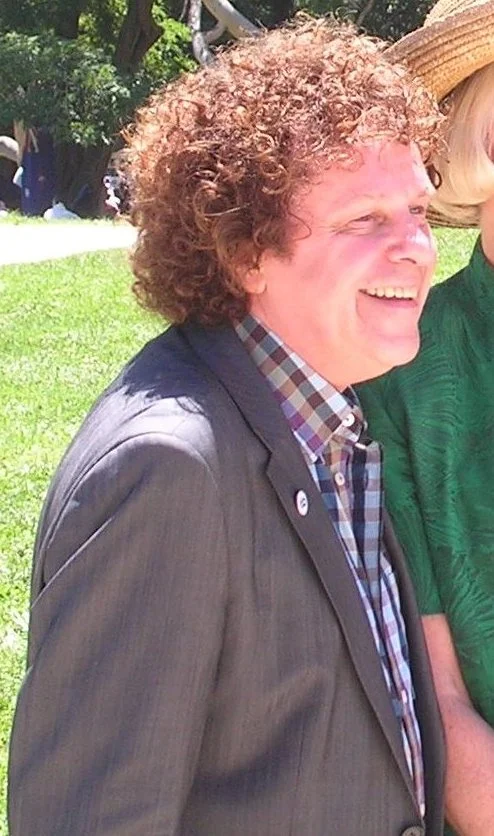
With his wild curls and high voice, Leo Sayer was impossible to miss in the ’70s. Hits like “You Make Me Feel Like Dancing” and “When I Need You” made him an international star. His upbeat, approachable energy won over audiences everywhere.
But as the decade closed, his momentum waned. By the ’80s, his cheerful presence was largely gone from the charts. Today, those hits feel like bottled sunshine from a specific moment in time.
8. Helen Reddy
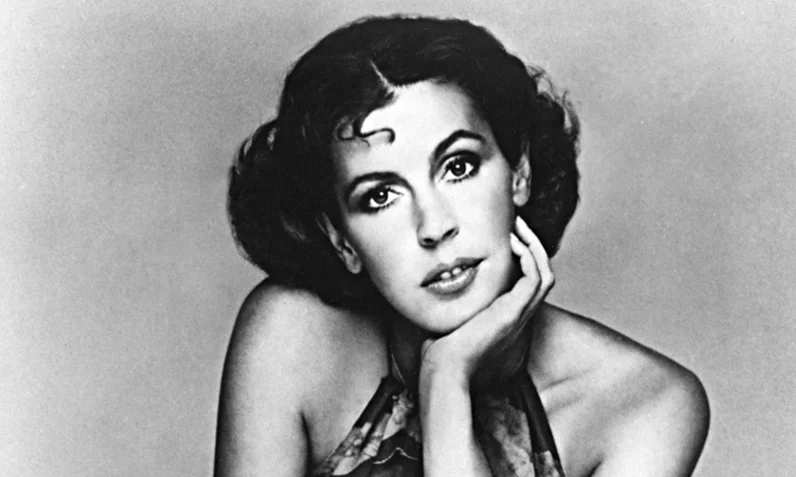
Helen Reddy’s “I Am Woman” became an anthem of the ’70s and made her a household name. She followed it with a string of hits like “Delta Dawn” and “Angie Baby.” For a few years, she was one of the defining female voices of the decade.
But by the late ’70s, her chart presence dwindled, and she gradually stepped away from the spotlight. While her career cooled, her songs carried lasting cultural weight. Even now, “I Am Woman” is instantly recognizable as a symbol of its era.
9. Dave Mason
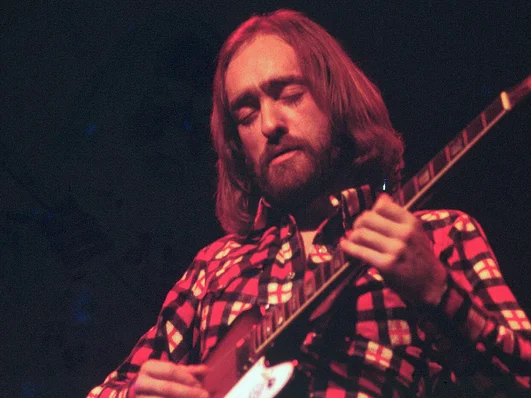
Dave Mason, once a member of Traffic, carved out a solo career with tunes like “We Just Disagree.” His smooth voice and melodic songs fit perfectly into the laid-back rock scene of the ’70s. For a time, his music was a radio staple.
But despite early momentum, Mason never reached the superstar tier. By the ’80s, he was more of a touring act than a chart presence. His brief brush with big-time fame still resonates with fans of classic rock radio.
10. Linda Ronstadt
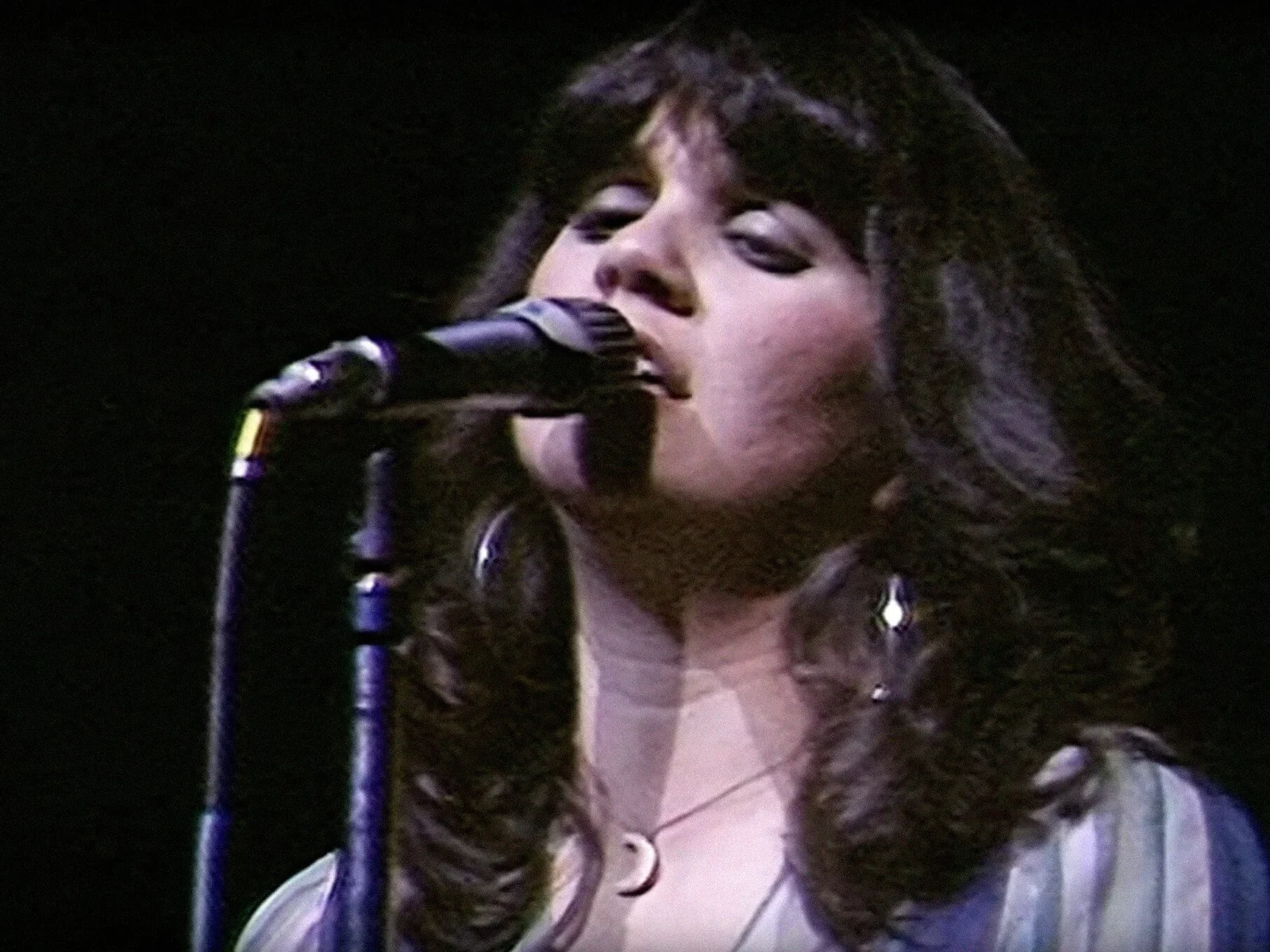
Linda Ronstadt was one of the most successful female singers of the 1970s, belting out hits like “You’re No Good” and “When Will I Be Loved.” Her versatility let her slide between rock, country, and pop with ease. She was seemingly everywhere—in magazines, on TV, and onstage.
But as the ’80s arrived, Ronstadt shifted into other genres, including opera and traditional Mexican music, which drew her away from the rock mainstream. While she never truly disappeared, she did step out of the spotlight she once dominated. Her ’70s peak remains the foundation of her legend.
11. Steve Harley
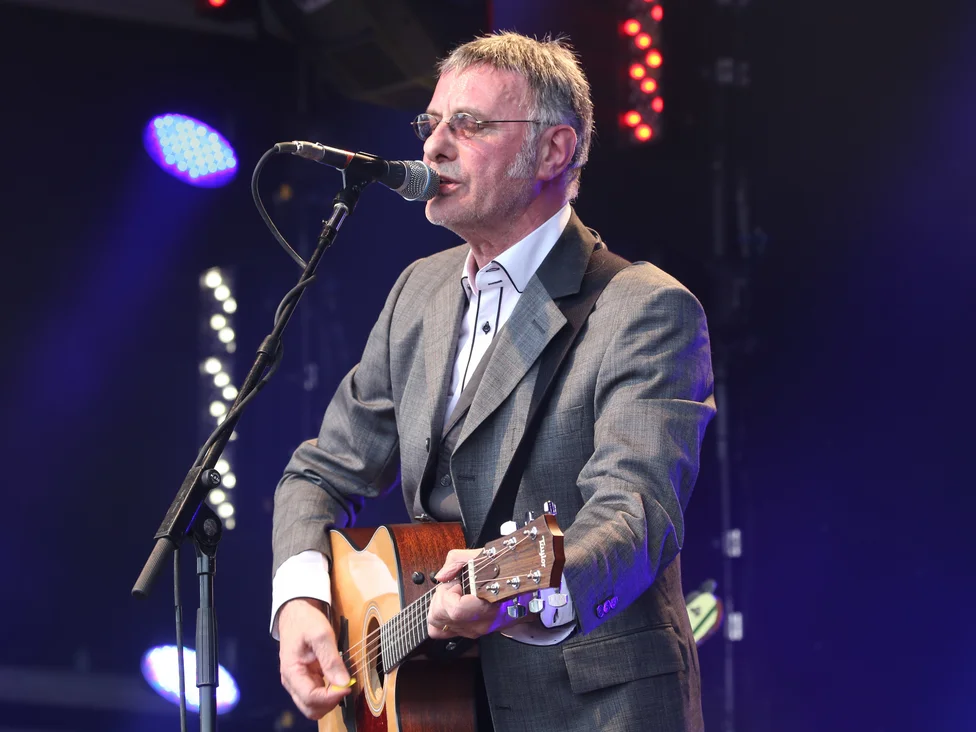
Steve Harley and Cockney Rebel scored a massive hit with “Make Me Smile (Come Up and See Me)” in 1975. Harley’s quirky vocals and glam-influenced style made him a cult favorite in the U.K. For a brief period, his band looked poised for major stardom.
But the momentum fizzled, and Harley never replicated that success. By the end of the decade, his name was largely forgotten outside dedicated fans. Still, that one enduring song keeps his voice alive on classic rock playlists.
12. Rick Derringer
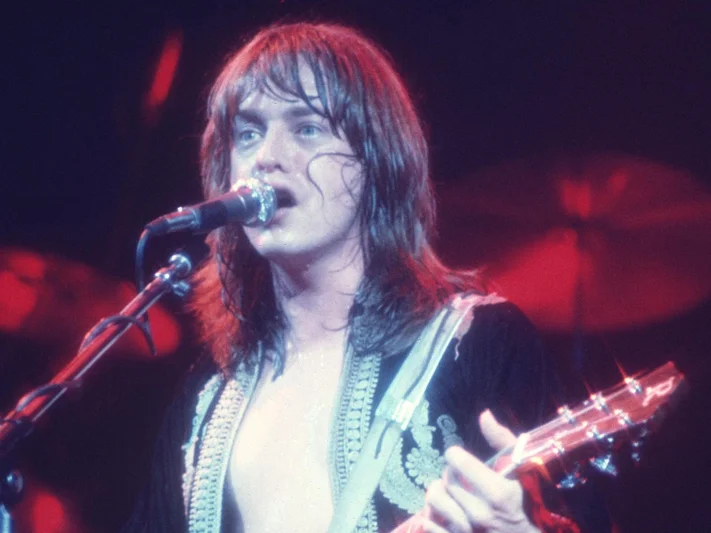
Rick Derringer came roaring out of the ’70s with “Rock and Roll, Hoochie Koo.” His guitar work and gritty vocals made him a staple of FM rock radio. He was the kind of singer-guitarist who seemed destined for long-term stardom.
But his solo career cooled off quickly, and though he worked with many big names, he never recaptured that spark. The ’70s were his time to shine, and then it was gone. That one fist-pumping anthem still makes him unforgettable.


